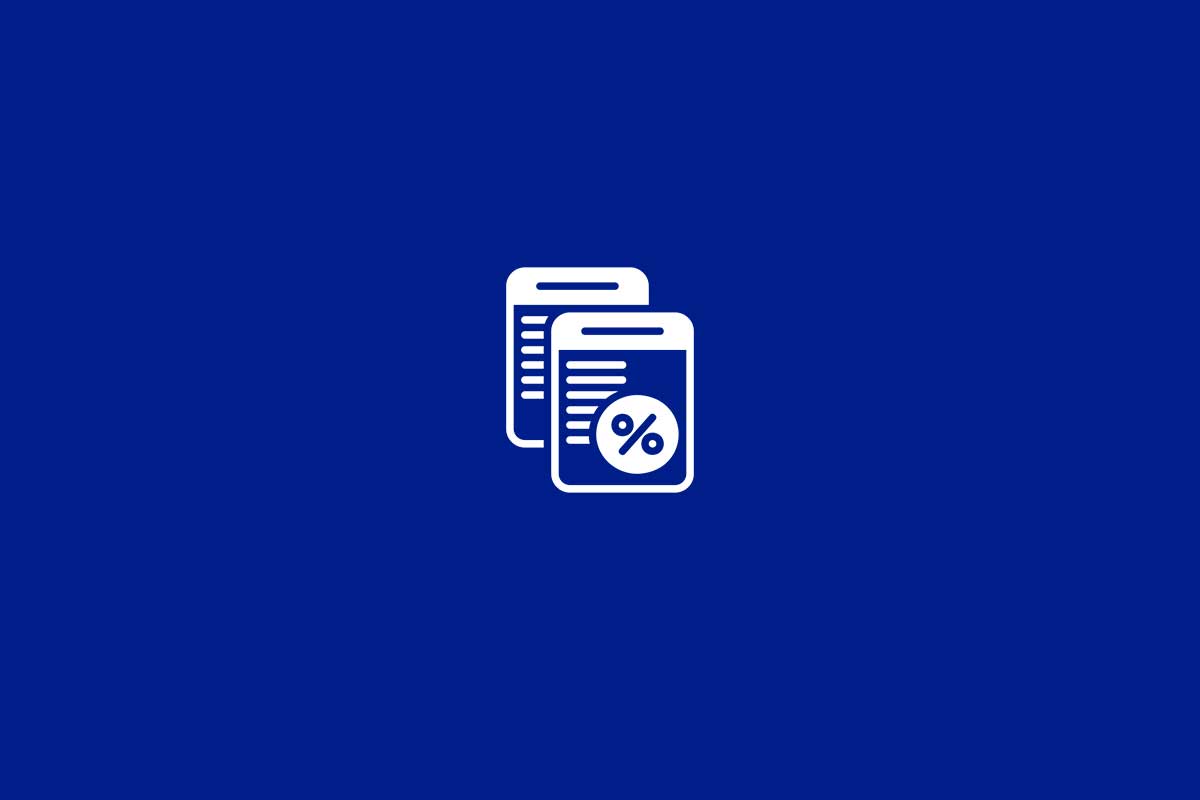L’équipe ACY
Il oeuvrent à rendre la création d’entreprise plus simple

Christophe Livet
Directeur ACY

Marie Charbonneau
Responsable communication & rédaction

Vous ?
ACY recherche de nouvelles plumes
Ressources
Consultez nos ressources
Ce convertisseur vous permet de calculer automatiquement le montant TTC […]
Le Livret d’Épargne Populaire (LEP) est une option d’épargne avantageuse […]
De nombreux clients de banques souhaitent savoir jusqu’à quelle heure […]
En 2024, la durée d’une procédure aux prud’hommes en France […]
Les prud’hommes interviennent dans plusieurs types de conflits du travail. […]
Pour saisir le Conseil de Prud’hommes, il faut d’abord identifier […]
Le statut de l’entrepreneur individuel en France a connu une […]
Le monde des affaires voit émerger une tendance intrigante : […]











